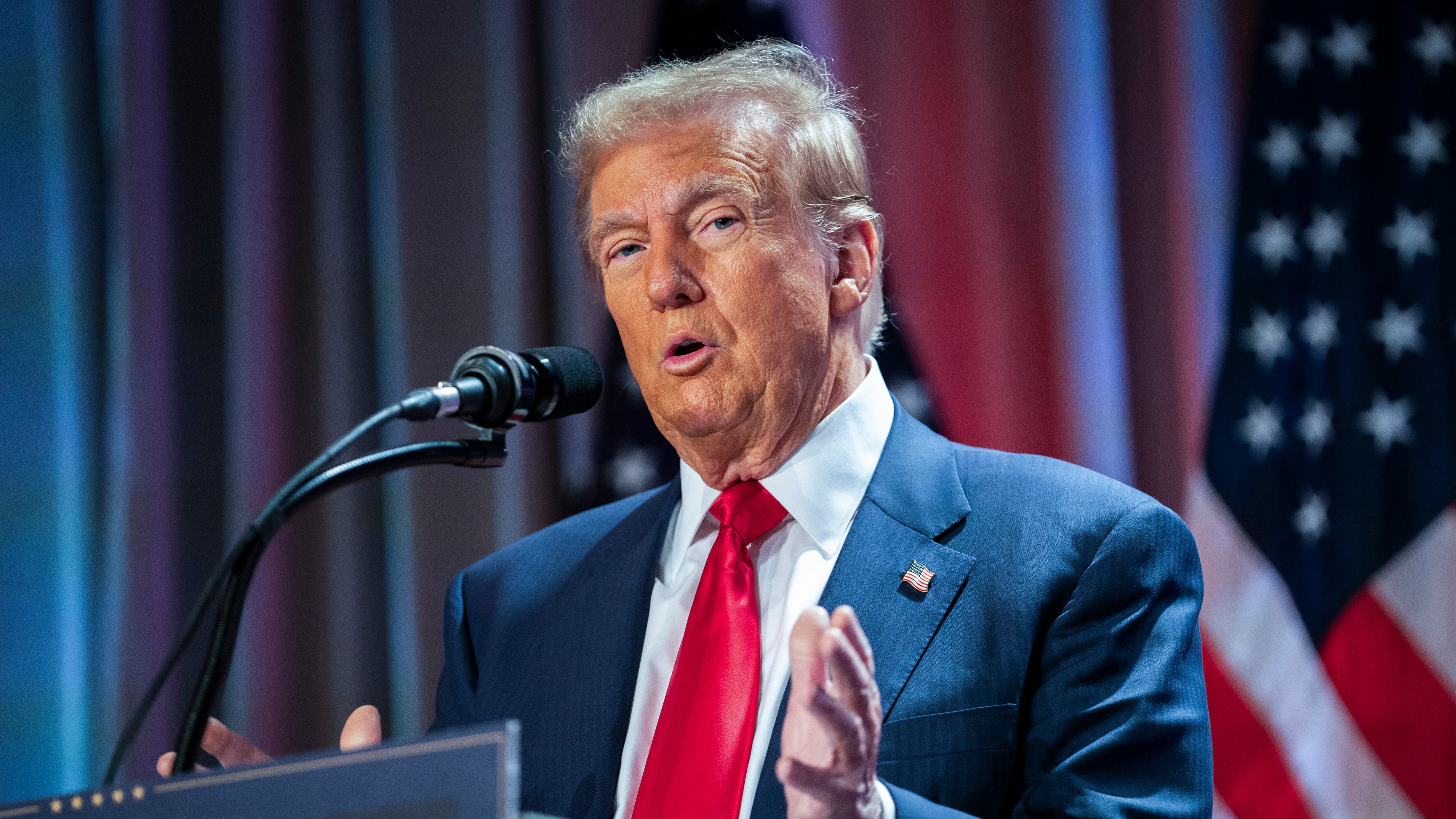Doctor Jay Bhattacharya was nominated by the president-elect of the United States, Donald Trump, as the director of the National Institutes of Health, an appointment that has sparked controversy, as the expert is a staunch critic of the lockdowns during the pandemic era.
"Jay is a co-author of the Great Barrington Declaration, an alternative to the proposed lockdowns in October 2020," Trump said, as reported by the New York Post, which highlights that the president's words refer to an open letter in which Bhattacharya "urged government officials and public health authorities to reconsider extreme measures in response to COVID-19."
PUBLICIDAD
Jay Bhattacharya's controversial position on the pandemic was such that the social network Twitter, currently known as X, implemented measures to prevent his tweets from trending. With Trump's nomination, he will now lead the main medical research agency in the United States.
In this way, the specialist will work hand in hand with Robert F. Kennedy Jr., who was appointed as Secretary of Health and Human Services.
"Together, Jay and RFK Jr. will restore the NIH to a Gold Standard of Medical Research, while examining the underlying causes and solutions to the greatest health challenges in the United States, including our Chronic Diseases Crisis," Trump stated.
Jay Bhattacharya will reform scientific research from the National Institutes of Health.
Jay Bhattacharya is 56 years old and is a professor at the School of Medicine at Stanford University. He has a Ph.D. in economics from the same university.
"We will reform the American scientific institutions so that they are once again worthy of trust and deploy the fruits of excellent science to make the United States healthy again!," wrote Bhattacharya in X.
Why is Bhattacharya's position on the pandemic so controversial? Los Angeles Times recalled that the professor was one of the three authors of the Great Barrington Declaration, which was an open letter from October 2020 warning that lockdowns were causing irreparable harm.
The document proposes "herd immunity" against covid-19, which suggested that people at low risk should not isolate themselves, but live normally to create immunity in their system and become strong against the virus. According to this point of view, only people at higher risk should isolate themselves.
"I think lockdowns were the biggest public health mistake," Bhattacharya said in March 2021 during a panel convened by Florida Governor Ron DeSantis. This view by Bhattacharya had its supporters, but also its detractors.
The Post recalled that part of the controversy also lies in the accusations against Francis Collins, who was the director of the National Institutes of Health at the time, of allegedly funding the virus’s spread, but Collins always denied it.
